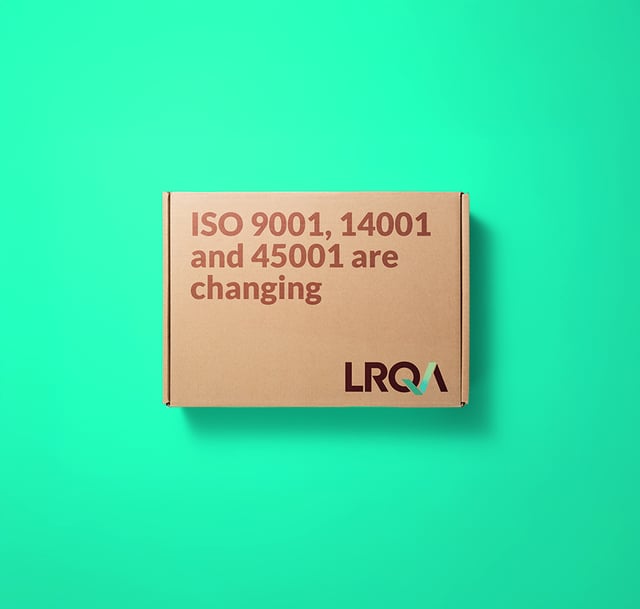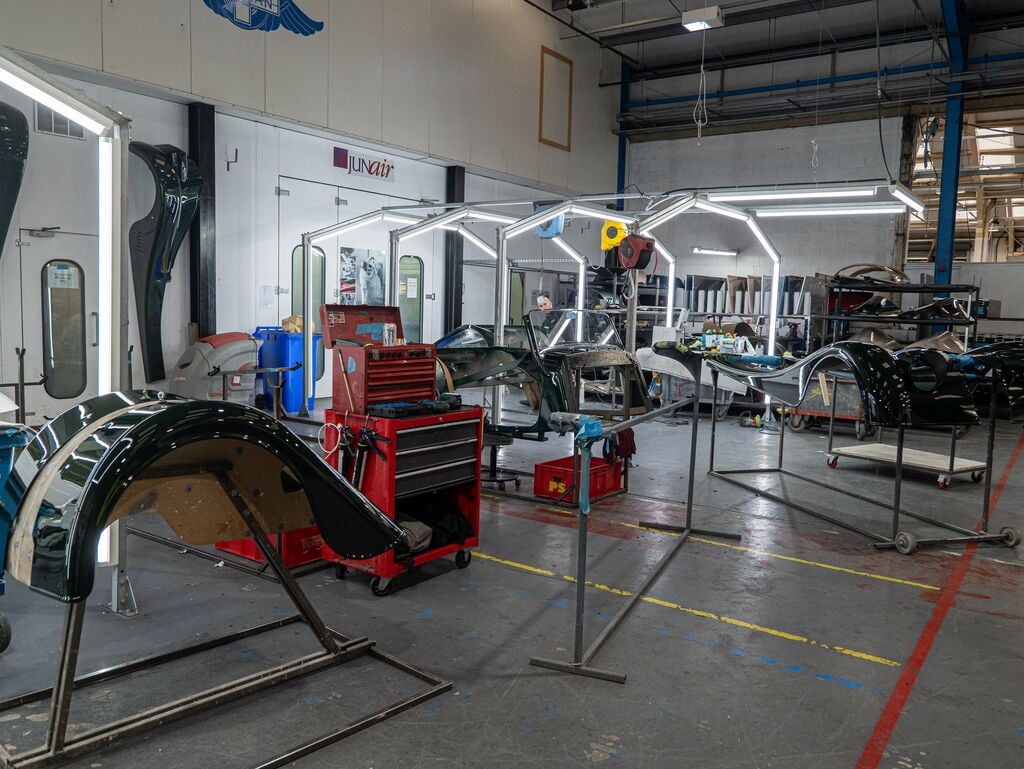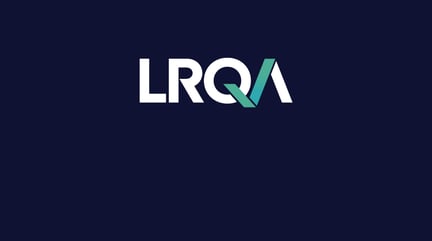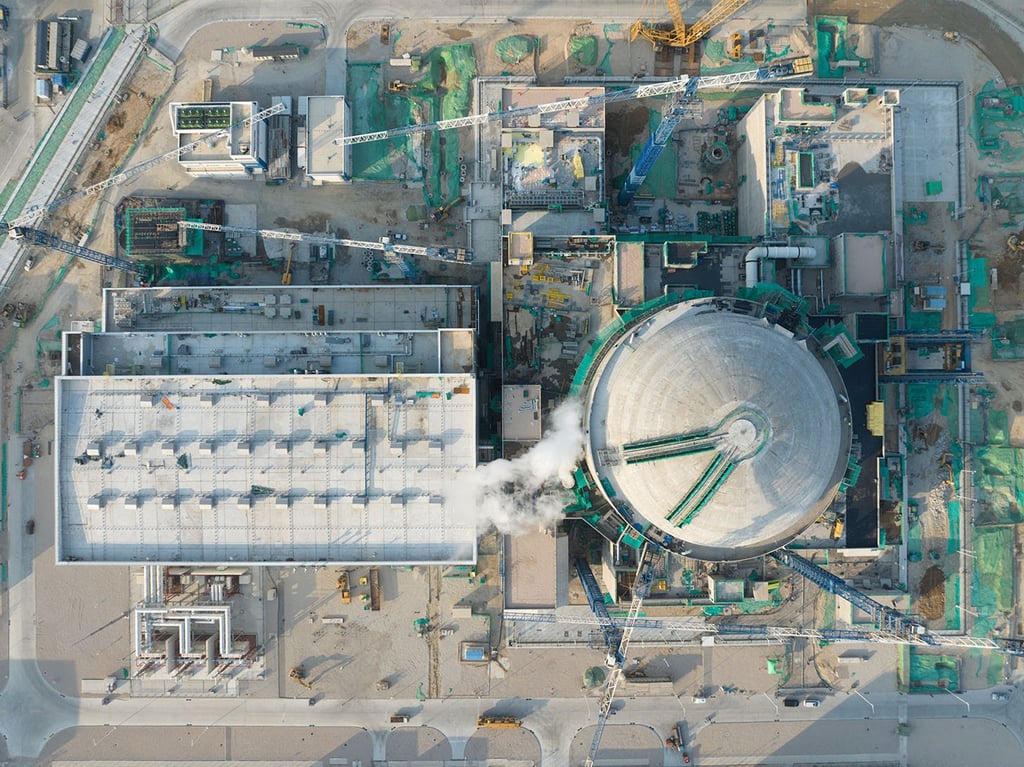The revision of ISO 9001, the world’s most recognised quality management system standard, is underway and for organisations in automotive and aerospace, it’s a development worth watching closely.
ISO 9001 is at the core of operational excellence across sectors. Today, more than one million certificates to ISO 9001 have been issued globally across over 170 countries (ISO Survey). In safety-critical industries, where supply chains are complex and customer expectations are rising, strong quality management isn’t optional. It’s essential.
While the full extent of the ISO 9001 updates won’t be known until the Draft International Standard (DIS) is released in 2025 and publication follows in 2026, early signals point to enhanced risk management, greater supply chain oversight and increased focus on emerging technologies and ethics. Preparing early means you’ll be ready to respond with confidence.
The ripple effect of ISO 9001 updates into transportation
ISO 9001 doesn’t stand alone. It sits at the heart of many sector-specific standards, including IATF 16949 (automotive) and AS 9100 (aerospace). These standards are built directly on the ISO 9001 framework, with additional sector-specific requirements added.
This means that any changes to ISO 9001 will have a ripple effect across the transportation and mobility sector. While IATF 16949 and AS 9100 will remain unchanged for now, it’s expected that once ISO 9001:2026 is published, sector bodies will review and potentially update their standards to align with the new version. “ISO 9001 forms the backbone of sector-specific standards like IATF 16949. Preparing in advance of transition deadlines will help businesses adapt smoothly when changes cascade through to their industry requirements," says Fidanka Kolarova, Lead Auditor and IATF expert at LRQA.
Timeline for alignment: Looking back
The last time ISO 9001 was revised, in 2015, it led to sweeping changes across the transportation industry.
- AS9100 Revision D was released in September 2016 to align with ISO 9001:2015. It introduced new requirements for product safety, counterfeit part prevention and greater leadership accountability.
- IATF 16949:2016 was published in October 2016, replacing ISO/TS 16949. It introduced enhanced requirements for embedded software, corporate responsibility, and supplier development.
All organisations were required to transition by September 2018 to align with ISO 9001 transition timelines.
“The transition timelines from ISO 9001:2015 showed that early planning and internal alignment are key. Businesses that took a proactive approach saw smoother transitions and used the opportunity to strengthen their quality culture. Companies that delayed to later in the transition period, faced tight audit windows, higher costs and increased risk of non-compliance.”, Daniel Carmel, Aerospace and Defence expert at LRQA.
Why early preparation matters
Quality management failures are costly: studies have shown that the cost of poor quality can range from 5% to 30% of a company’s total revenues (ASQ Research). In transportation and mobility sectors, these risks are amplified by factors like complex global supply chains, regulatory pressure and rapid innovation.
In highly regulated sectors such as aerospace and automotive, quality failures can lead to substantial direct costs, often amounting to tens of thousands of pounds per incident, not to mention the broader impacts on reputation and client trust.
For businesses operating in highly regulated, safety-critical sectors, quality management is not just about compliance - it’s fundamental to operational performance, client trust and long-term resilience.
By staying ahead of ISO 9001 changes, you can:
- Strengthen your existing management systems
- Identify and close potential gaps early
- Build greater resilience into your operations and supply chains
- Position your organisation as a leader in quality and innovation
Even if sector-specific updates take time to emerge, proactive preparation when ISO 9001:2026 is released will make future transitions faster, smoother and more cost-effective.
Your preparation checklist - what can organisations do now?
You don’t need to wait for the final ISO 9001:2026 standard to take meaningful steps. Here’s how to get started:
- Stay informed: To help you stay ahead, LRQA has launched the Transition Club - your dedicated hub for everything related to the upcoming ISO revisions.
- Review your current QMS: Conduct an internal gap analysis against ISO 9001:2015 and your sector-specific standard.
- Strengthen risk-based thinking: Build maturity into how your organisation identifies and manages risks and opportunities, a consistent focus in recent ISO updates.
- Engage leadership and cross-functional teams: Transitions are smoother when leadership sets the tone and all departments understand their role in a culture that drives quality.
- Map your transition plan: Set clear internal milestones so you’re ready to move as soon as sector updates are released.
Our team of expert auditors are here to be your partner on every aspect of the journey to certification. They can help you demonstrate your commitment to best practice through globally recognised quality management system certification and establish credibility and reliability in your market. "At LRQA, our goal is to make every transition as smooth as possible. The Transition Club is designed to be your one-stop hub for expert guidance, training, gap analysis tools and everything you need to manage your transition with confidence.” says Daniel.
Take the first step today
ISO 9001:2026 is on the horizon. Changes to sector-specific standards may follow in time but by taking action now, you can futureproof your management systems and position your business for continued success. Join LRQA’s Transition Club today and keep informed on the latest changes.
ISO 14001 FDIS live. ISO 9001 DIS live. ISO 45001 is next.
The world’s most recognised management system standards are being updated, with new requirements, new expectations and a formal transition period on the way. These changes matter.
ISO Transition Club: It's Free to Join
Are you ready to respond? Join our Transition Club.









